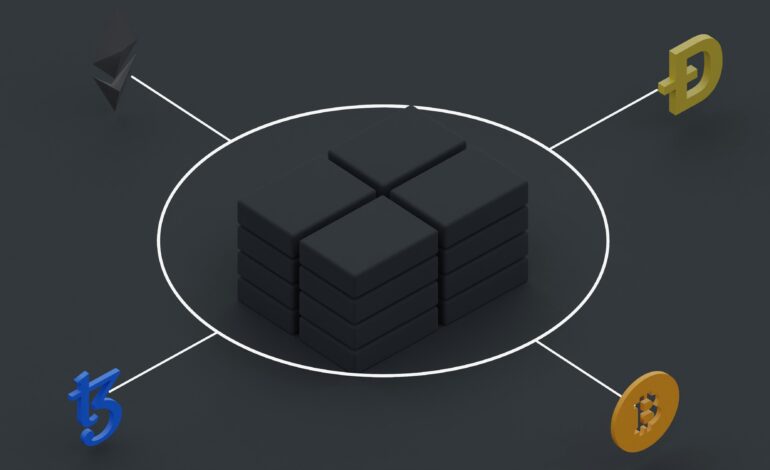
Role of Blockchain in Bunker Fuel Supply Chain Transparency
In the complex and globalized maritime industry, ensuring transparency and accountability within the bunker fuel supply chain is crucial for efficiency, sustainability, and regulatory compliance. Blockchain technology has emerged as a promising solution to address these challenges by providing immutable records, secure transactions, and enhanced traceability. This article explores the role of blockchain in revolutionizing bunker fuel supply chain transparency, its benefits, and potential applications.
Understanding Blockchain Technology
Blockchain is a decentralized digital ledger that records transactions across multiple computers in a secure and transparent manner. Each transaction, or “block,” is linked to the previous one, forming a chronological chain of blocks. This technology ensures transparency, immutability (tamper-proof records), security through cryptographic verification, and decentralization (no central authority controls the data).
Enhancing Transparency in the Bunker Fuel Supply Chain
- Traceability of Fuel Sources: Blockchain enables the creation of a transparent and auditable record of bunker fuel transactions from production to consumption. Each step in the supply chain, including extraction, refining, transportation, and delivery, can be recorded and verified in real time.
- Verification of Fuel Quality and Quantity: Smart contracts integrated with blockchain can automate the verification and certification of fuel quality and quantity at each stage of the supply chain. This reduces the risk of fraud, inaccurate reporting, and disputes between stakeholders.
- Compliance with Regulatory Requirements: Blockchain provides a reliable mechanism for documenting compliance with international regulations, such as sulfur content limits (IMO 2020) and future carbon intensity standards. Regulatory authorities can access transparent, real-time data to ensure adherence to environmental and safety standards.
- Supply Chain Efficiency: By streamlining documentation processes, reducing paperwork, and minimizing intermediaries, blockchain enhances operational efficiency and reduces administrative costs. Smart contracts can automate payments upon fulfillment of predefined conditions, facilitating faster transactions and settlements.
Applications of Blockchain in Bunker Fuel Supply Chain
- Digital Identity and Certification: Assigning digital identities to bunker fuel shipments and vessels allows stakeholders to track their origin, ownership history, and compliance status throughout the supply chain.
- Real-Time Monitoring and IoT Integration: Integrating blockchain with Internet of Things (IoT) devices enables real-time monitoring of fuel storage conditions, consumption rates, and environmental impacts. Data collected from sensors can be securely stored on the blockchain, providing actionable insights for operational improvements.
- Marketplace and Trading Platforms: Blockchain-based platforms can facilitate transparent and secure trading of bunker fuels, enabling direct transactions between buyers and suppliers while ensuring compliance with contractual obligations and regulatory standards.
Benefits of Blockchain Technology
- Transparency and Trust: Stakeholders across the bunker fuel supply chain have access to a single, transparent source of truth, reducing disputes, enhancing trust, and fostering collaboration among participants.
- Security and Data Integrity: Blockchain’s cryptographic encryption and decentralized structure make it resistant to tampering and unauthorized access, ensuring the integrity and confidentiality of sensitive supply chain data.
- Cost Efficiency: By eliminating intermediaries, reducing administrative overhead, and minimizing the risk of fraud, blockchain lowers transaction costs and improves overall supply chain economics.
Challenges and Future Outlook
While blockchain offers significant advantages, challenges such as scalability, interoperability between different blockchain platforms, and regulatory compliance remain. Overcoming these challenges will require industry collaboration, standardization efforts, and continuous technological advancements.
Conclusion
Blockchain technology holds immense potential to revolutionize bunker fuel supply chain transparency by providing secure, transparent, and efficient solutions for tracking transactions, verifying compliance, and enhancing operational efficiencies. As adoption grows and technological capabilities evolve, blockchain is set to play a pivotal role in shaping the future of sustainable and resilient bunker fuel supply chains worldwide.





